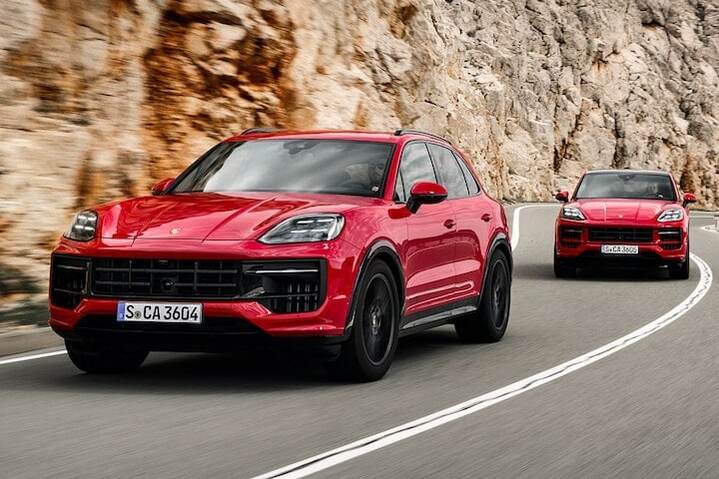Everything Comes Together

Things are not going well for Porsche. We already knew that, but the report from a shareholders’ meeting brings the scale of the setback to the forefront again. Porsche wants to focus more than ever on all drive forms but is also coming out with new top versions of the 911. The end of the 718 is in sight, and despite all the setbacks, sales records were still achieved in four of the five global regions.
“The world has changed, and we are experiencing a heavy storm. But we are doing everything we can to counter it. We are resolutely investing in the future. In challenging times, we continue to develop Porsche, with a sharp focus. This requires more resources in the short term, but it will make our company even more profitable in the long term.” These are simultaneously alarming and reassuring words from Oliver Blume, the head of both Porsche AG and the Volkswagen Group, who has a significant say in the latter.
However, Porsche has more shareholders, and they are currently having a tough time. For Porsche, everything is coming together in a negative way. Porsche’s radical choices in the field of electrification do not align well with the trends in that area on the global automotive market. In addition, sales in China are disappointing because the economy there was temporarily very challenging and because the Chinese consumer is now less easily seduced by old, resounding names from Europe and more often opts for products from their own country. ‘Last but not least,’ Porsche is significantly affected by the protectionist measures that US President Trump has introduced. As one of the few German car brands, Porsche has no factory in the US at all, so there is no question of increasing American production – as, for example, Mercedes is doing.
In the 2024 financial year, Porsche sold cars for €40.1 billion, with a return on those sales of 14.1 percent, a lot lower than the 18 percent of 2023. In hard numbers, Porsche sold 310,718 (yes, 718!) cars in the 2024 financial year, a few percent less than a year earlier. The Cayenne, with 102,889, is still the most popular model, followed by the Macan with 82,795 units and the 911 with 50,941 units. Telling for the importance of the Chinese market is the fact that sales in Europe, North America, and the other markets, four of the five global regions for Porsche, have increased to a new record. The fact that the total sales are still lower is almost entirely due to the situation in China.
With these results, Porsche’s share is lower than it has been in years and has lost a quarter of its value this year alone. In response, all kinds of financial steps are being taken, but Porsche is also looking at the product portfolio. Or rather, Porsche wants to continue the urge for innovation. Blume points out that since December 2023, five of the six models have already been renewed, which, according to him, has laid ‘the foundation for the success of the coming years’. Blume also emphasizes that Porsche will continue to focus strongly on offering different types of powertrain, so that in each segment there will be a choice between combustion engines, hybrids, and fully electric propulsion. Yes, ‘in every segment’. That does not necessarily mean that every model will be available with all powertrains, but it sounds somewhat different from the earlier policy where Porsche actually wanted to electrify everything rapidly and only the 911 would ultimately be allowed to keep its combustion engine.
Now that we’re on the subject: Porsche promises, among other things, new top versions of the 911. Such extremely expensive variants – think GT2 – undoubtedly bring in a lot of money. Meanwhile, Motor1 reports that the last fuel-powered 718 Boxster and Cayman should roll off the assembly line in October, after which this model will indeed be fully electric.